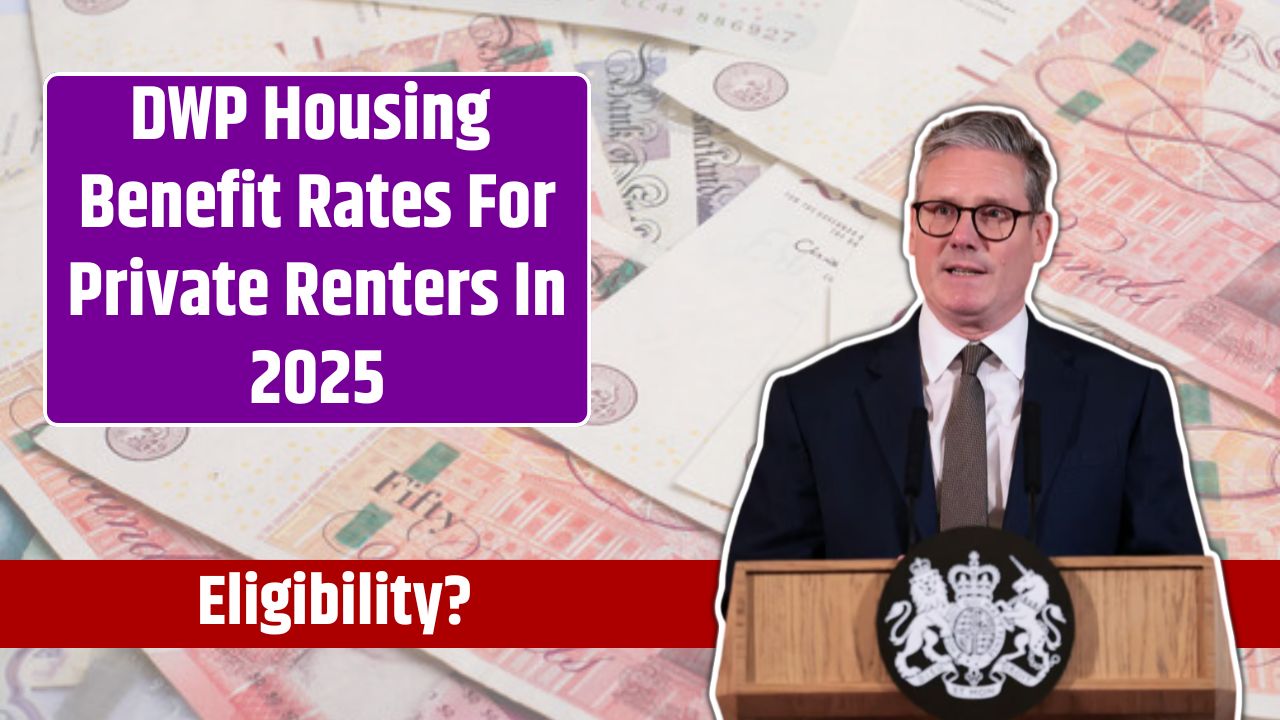The Department for Work and Pensions (DWP) has confirmed that Housing Benefit rates for 2025 will remain frozen, continuing a trend that has left many renters grappling with rising living costs.
While the rates freeze aims to maintain fiscal control, it has significant implications for renters across the UK, particularly low-income households.
Here’s a breakdown of the changes, their impact, and the steps you can take to manage housing costs.
Rates Freeze
The freeze on Housing Benefit rates means they remain unchanged for the sixth consecutive year since the temporary increase in 2020.
This has created a gap between the actual cost of rent and the support provided.
Key Concerns
- Rising Rent Gaps: As rents across the UK increase, Housing Benefit is covering less, leaving many renters with shortfalls.
- Worsening Poverty: Studies by the Joseph Rowntree Foundation estimate that private renters relying on benefits will be £700–£887 worse off annually due to the freeze.
- Sacrificing Essentials: Approximately 81% of low-income renters on benefits report skipping necessities such as food, heating, or basic healthcare to pay rent.
Eviction and Poverty Risks
The rates freeze is expected to:
- Push 50,000 renters into poverty in 2025.
- Increase evictions, as renters struggle to cover shortfalls.
- Exacerbate homelessness, particularly for families and individuals in high-rent areas, according to housing charity Shelter.
Understanding Housing Benefit
Housing Benefit helps low-income households cover rent costs, but how it works depends on your living situation.
What Is Local Housing Allowance (LHA)?
For private renters, Housing Benefit is determined by Local Housing Allowance (LHA) rates, which set a maximum cap based on location.
- Previously linked to rents: LHA was tied to the cheapest 30% of local rental properties, but this link has been mostly severed since 2012.
- Regional caps: Payments are capped, and in many cases, these caps fall far short of actual rent costs.
- Shared Accommodation Rate: Single renters under 35 without dependents receive benefits based on the cost of a shared property, not a one-bedroom flat.
Who Can Claim Housing Benefit?
- Private Renters: Most new claims are part of Universal Credit payments, which include an LHA component.
- Older-Style Housing Benefit: This is available to those in supported housing, temporary accommodation, or above state pension age.
Historical Context
Housing Benefit rates have been frozen for seven of the past 13 years, a policy first introduced under the 2012 Tory-Lib Dem coalition government.
- Temporary 2020 Increase: During the pandemic, rates were aligned with the cheapest 30% of local rents, but they’ve remained frozen since then.
- Erosion of Support: The gap between actual rents and benefits has widened significantly, leaving more renters struggling.
Challenges Facing Renters
The ongoing freeze highlights long-standing issues in the UK housing market:
1. Lack of Affordable Housing
The shortage of social housing forces many low-income renters into private markets, where costs continue to climb.
2. Regional Variances
LHA caps don’t account for variations in rental markets, making it particularly difficult for renters in high-cost areas like London.
3. Financial Pressure
Renters are increasingly forced to cut back on essentials, putting their physical and mental well-being at risk.
How to Cope with the Housing Benefit Freeze
If you’re affected by the freeze, there are resources and strategies that can help you manage the impact:
1. Apply for Discretionary Housing Payments (DHPs)
Local councils offer DHPs to help cover rent shortfalls temporarily. These are limited funds, so apply early if you need help.
2. Use the Household Support Fund
Check with your local council to see if you qualify for financial assistance from the Household Support Fund, which can help cover housing-related costs.
3. Negotiate with Your Landlord
If your rent exceeds your benefits, try negotiating with your landlord for a reduction or a flexible payment plan.
4. Seek Advice from Charities
Organizations like Shelter and Citizens Advice can provide guidance on maximizing your benefits, avoiding eviction, and accessing additional support.
The freeze on Housing Benefit rates poses significant challenges for renters in 2025, widening the gap between rising rent costs and available financial support.
While navigating these changes can be difficult, understanding your options and seeking available assistance can help you better manage the financial strain.
















